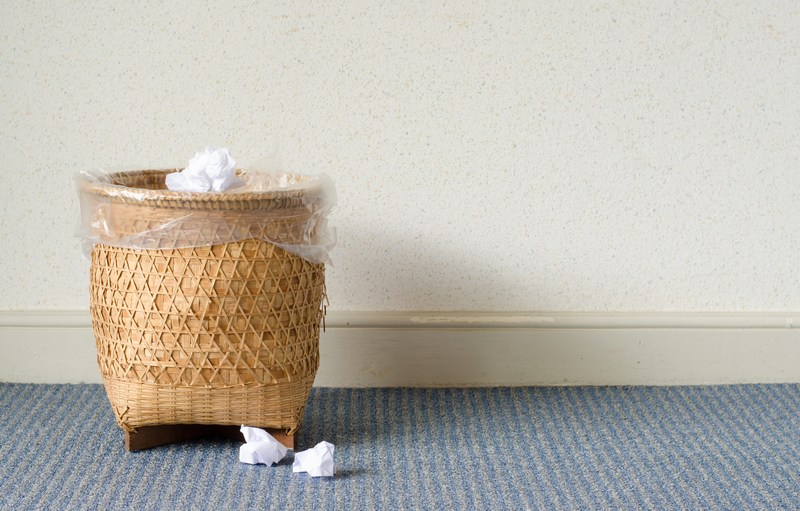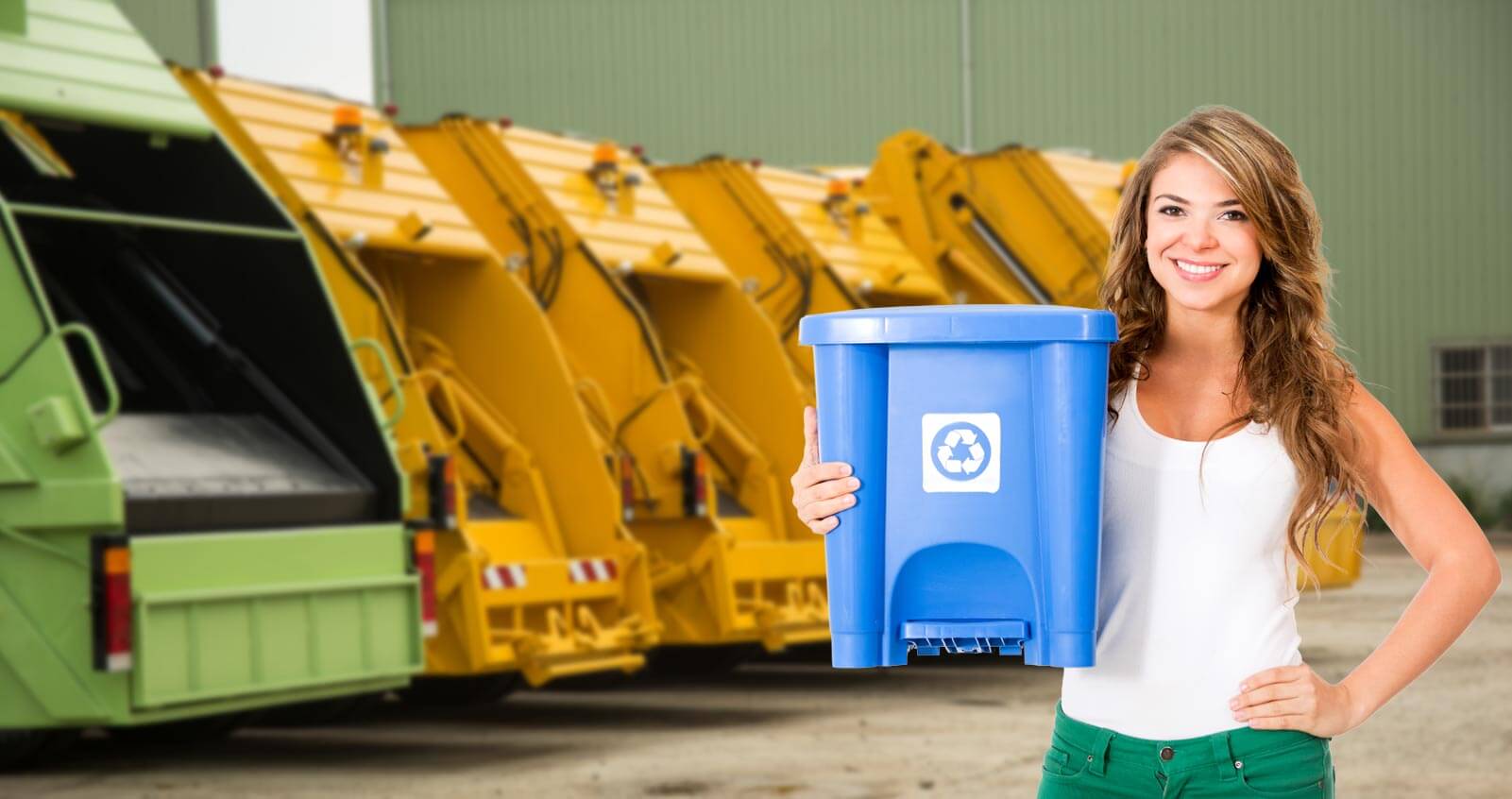Waste Reduction Tactics for Eco-Friendly Families
Posted on 07/02/2025
In today's world, where climate change and environmental degradation are becoming increasingly pressing issues, more and more families are seeking ways to reduce their waste and contribute to a healthier planet. Adopting eco-friendly habits not only helps the environment but also fosters a culture of sustainability in future generations. Here, we delve into various waste reduction tactics that eco-friendly families can implement to make a significant difference.
Understanding Waste Reduction
Before diving into specific tactics, it's essential to understand the concept of waste reduction. Waste reduction, also known as waste minimization, involves strategies and practices that aim to minimize the amount of waste produced and, consequently, reduce the environmental impact. It spans waste prevention, recycling, and even rethinking consumption patterns. In essence, it is about making more sustainable choices in daily life.

Reduce, Reuse, Recycle
The "three Rs" form the foundational principles of waste reduction:
- Reduce: This involves cutting back on the amount of waste generated. Families can achieve this by purchasing items with minimal packaging, buying in bulk, and choosing durable products over disposable ones.
- Reuse: Reusing focuses on finding new ways to use items that would otherwise be discarded. This can include repurposing glass jars for storage or turning old clothing into cleaning rags.
- Recycle: Recycling converts waste materials into new products. Families should separate recyclables from trash and adhere to local recycling guidelines to ensure proper processing.
Composting Organic Waste
Composting is an excellent way for families to reduce organic waste and create nutrient-rich soil for gardening. Organic waste, such as food scraps and yard clippings, can be placed in a compost bin, where it will decompose naturally. Not only does this reduce the amount of waste sent to landfills, but it also provides a fantastic resource for home gardens.
Minimizing Plastic Use
Plastic pollution is one of the most significant environmental challenges today. Eco-friendly families can take several steps to reduce plastic use:
- Use Reusable Bags: Opt for reusable cloth bags instead of single-use plastic bags when shopping.
- Avoid Single-Use Plastics: Stay away from disposable plastic items like cutlery, plates, and straws. Choose alternatives made from biodegradable materials or reusable items like stainless steel straws and bamboo cutlery.
- Choose Bulk Over Packaged: Buying in bulk reduces the amount of plastic packaging waste generated.
- Recycle Properly: Ensure that all recyclable plastics are cleaned and sorted according to local guidelines.
Adopting a Minimalist Lifestyle
Minimalism is not just a trend but a sustainable way of life. By adopting a minimalist lifestyle, families can significantly reduce their waste output:
- Streamline Possessions: Keep only what is necessary and valuable. Donate or sell items that are no longer needed.
- Mindful Consumption: Before making purchases, consider if the item is genuinely needed and if it can serve multiple purposes.
- Quality Over Quantity: Invest in high-quality, durable products that last longer and need fewer replacements.
Using Eco-Friendly Products
Choosing products designed with the environment in mind is another crucial tactic for waste reduction:
- Biodegradable Cleaning Supplies: Opt for cleaning products that are environmentally friendly and come in biodegradable packaging.
- Reusable Household Items: Replace disposable items with reusable alternatives, such as cloth napkins, rechargeable batteries, and washable dishcloths.
- Natural Personal Care Products: Select personal care products made with natural ingredients and packaged in recyclable or compostable materials.
Engaging in Upcycling Projects
Upcycling is the process of transforming waste materials into new, useful products. This not only reduces waste but also gives a second life to items that would otherwise be discarded. Families can engage in upcycling projects such as:
- Creative Clothing: Turn old garments into fashionable accessories or patchwork quilts.
- Functional Art: Create art pieces from metal scraps, plastic, and other discarded materials.
Implementing Sustainable Food Practices
Food waste is a significant concern, but families can adopt several practices to minimize it:
- Meal Planning: Plan meals in advance to ensure that all purchased food is used efficiently and to reduce impulsive buying.
- Buying Local and Seasonal: Purchase locally grown, seasonal produce to reduce the carbon footprint associated with food transportation and storage.
- Proper Food Storage: Use proper storage techniques to extend the life of fresh produce and reduce spoilage.
Educating and Involving Children
Involving children in waste reduction efforts not only teaches them about sustainability but also makes the process fun and engaging:
- Hands-On Learning: Engage children in sorting recyclables, composting, and upcycling projects.
- Educational Resources: Use books, documentaries, and eco-friendly apps to educate children about the importance of waste reduction.
- Set an Example: Children learn by observing. Demonstrating eco-friendly habits will inspire them to adopt similar practices.

Advocating for Community Initiatives
Families can extend their impact by advocating for waste reduction initiatives in their communities:
- Participate in Local Programs: Join or support local recycling programs, clean-up drives, and sustainability workshops.
- Advocate for Policy Changes: Encourage local governments to implement policies that promote waste reduction, such as banning single-use plastics or providing incentives for eco-friendly practices.
- Community Education: Share knowledge and resources with neighbors and friends to create a broader culture of sustainability.
Conclusion
Reducing waste at home is a vital step toward a more sustainable future. By understanding the principles of waste reduction, adopting eco-friendly habits, and involving the whole family in these efforts, we can create a positive environmental impact. These waste reduction tactics are not just beneficial for the planet but also inspire a legacy of sustainability for generations to come.
By implementing these strategies, eco-friendly families can make a significant difference, contributing to a healthier, more sustainable world.




